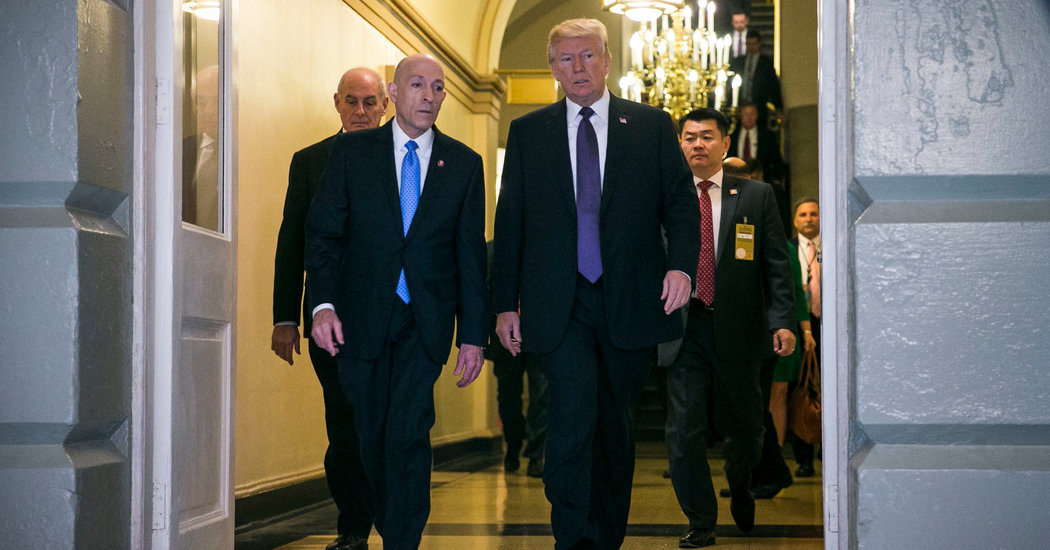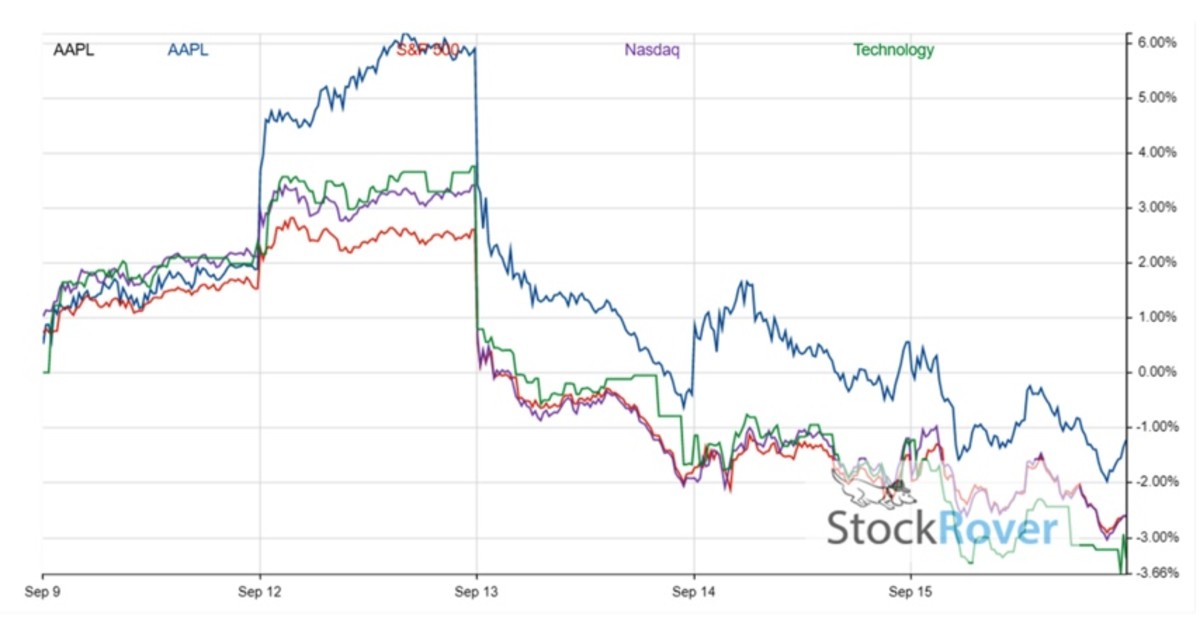The Mia Farrow Warning: Time Running Out For American Democracy?

Table of Contents
Erosion of Trust in Institutions
The health of any democracy hinges on public trust in its core institutions. A steady decline in public confidence in government, the media, and other key pillars of American democracy is a deeply troubling trend. This erosion of trust fuels cynicism, political instability, and ultimately, weakens democratic accountability.
Declining Public Confidence
Numerous polls consistently reveal a drastic decline in public trust in American institutions. This erosion isn't a recent phenomenon; it's a slow burn that has intensified in recent decades.
- Statistics: Pew Research Center data consistently shows declining trust in government, Congress, and the Supreme Court across party lines. Specific figures should be cited here from reputable sources.
- Major Events: Events like the Watergate scandal, the 2008 financial crisis, and the January 6th Capitol attack have significantly eroded public faith in the integrity and effectiveness of democratic institutions. These events, coupled with persistent political scandals, have contributed to a pervasive sense of disillusionment.
- Keyword Integration: The decline in "public confidence" directly impacts "democratic accountability," contributing to widespread feelings of "institutional decay" and ultimately threatening the very fabric of "American democracy."
The Role of Misinformation and Disinformation
The proliferation of misinformation and disinformation campaigns, often amplified by social media algorithms, poses a grave threat to informed public discourse and the functioning of American democracy. These campaigns sow discord, manipulate public opinion, and undermine trust in legitimate news sources.
- Examples: Specific examples of successful disinformation campaigns, such as those influencing elections or spreading conspiracy theories, should be cited here.
- Social Media's Role: Social media platforms, while offering benefits for communication and organization, have also become breeding grounds for the rapid spread of "fake news" and "political manipulation." The algorithms that prioritize engagement often prioritize sensationalism and falsehoods over accuracy and truth.
- Combating Misinformation: Addressing this challenge requires a multi-pronged approach, including media literacy education, fact-checking initiatives, and platform accountability. Improved "media literacy" is crucial to combat the effects of "disinformation."
Increasing Political Polarization
The deep political polarization gripping the United States represents another significant threat to American democracy. This intense division hinders bipartisan cooperation, fuels extremism, and creates an environment ripe for instability.
The Rise of Extremist Ideologies
The rise of extremist ideologies on both the left and right of the political spectrum has profoundly impacted political discourse and the ability of the government to function effectively.
- Examples of Extremist Groups: Specific examples of extremist groups and their influence on political violence and rhetoric should be cited here.
- Impact on Legislation: The increasing influence of extremist groups contributes to "political gridlock" and hampers the ability of Congress to address critical national issues. This "political divide" makes compromise and effective governance exceedingly difficult.
- Challenges to Bipartisan Cooperation: The current climate makes "bipartisan cooperation" nearly impossible, further exacerbating the challenges facing American democracy.
The Impact of Social Media Echo Chambers
Social media algorithms contribute to the creation of "political echo chambers," reinforcing pre-existing biases and limiting exposure to diverse perspectives. This phenomenon exacerbates polarization and hinders constructive dialogue.
- Mechanisms of Echo Chambers: A detailed explanation of how algorithms create and reinforce echo chambers and "filter bubbles" should be included here.
- Effects on Political Discourse: The effects of echo chambers on political discourse are significant, leading to increased hostility, reduced empathy, and an inability to engage in productive conversations across political divides.
- Potential Solutions: Potential solutions to mitigate the negative effects of echo chambers, such as algorithmic reform and media literacy education, should be discussed.
Threats to Voting Rights and Access
Access to voting is a cornerstone of American democracy. However, increasingly restrictive voting laws and challenges to election security threaten to undermine this fundamental right.
Restrictive Voting Laws
Many states have enacted restrictive voting laws that disproportionately impact marginalized communities, hindering their ability to exercise their right to vote.
- Examples of Restrictive Voting Laws: Specific examples of restrictive voting laws, such as voter ID laws or limitations on early voting, should be included here.
- Disproportionate Impact: These laws disproportionately affect specific demographics, including minority groups, low-income individuals, and the elderly, thereby undermining "democratic participation" and "access to voting." This constitutes a form of "voter suppression."
- Implications for Democratic Participation: The cumulative effect of these laws is a significant reduction in voter turnout, particularly among those already underrepresented in the political process.
Challenges to Election Security
Concerns about election security, including foreign interference and domestic efforts to undermine the electoral process, pose a serious threat to the integrity of American elections.
- Examples of Election Interference: Specific instances of election interference attempts, both foreign and domestic, should be cited.
- Vulnerability of Voting Systems: Discussion should include the vulnerability of voting systems to hacking and manipulation, and the need for improved "voting machine security."
- Strategies to Improve Election Security: Strategies to enhance election security, such as improved cybersecurity measures and increased transparency, should be discussed. Protecting "election integrity" is paramount.
Conclusion
The erosion of trust in institutions, increasing political polarization, and threats to voting rights and access represent a convergence of challenges that pose a serious threat to American democracy. These issues, considered individually, are alarming; considered together, they paint a deeply concerning picture. Mia Farrow's warnings, once perceived by some as alarmist, now appear strikingly prescient. The signs of decay are not subtle; they are stark and undeniable. The future of American democracy depends on our collective action. Let's work together to protect our democratic institutions and ensure that the warning signs don't become a death knell. Register to vote, support organizations fighting for voting rights, promote media literacy, and engage in respectful political discourse – these actions are vital steps in preserving American democracy for future generations.

Featured Posts
-
 Road Closure Following Major Accident Patient Transferred To Hospital
May 24, 2025
Road Closure Following Major Accident Patient Transferred To Hospital
May 24, 2025 -
 Last Minute Changes To Trump Tax Bill Before House Passage
May 24, 2025
Last Minute Changes To Trump Tax Bill Before House Passage
May 24, 2025 -
 Bangkok Post Ferrari Day Launch And New Flagship Facility Unveiling
May 24, 2025
Bangkok Post Ferrari Day Launch And New Flagship Facility Unveiling
May 24, 2025 -
 Apple Stocks Critical Q2 Report Current Price Levels Analyzed
May 24, 2025
Apple Stocks Critical Q2 Report Current Price Levels Analyzed
May 24, 2025 -
 Guccis Massimo Vian Departs Impact On Supply Chain
May 24, 2025
Guccis Massimo Vian Departs Impact On Supply Chain
May 24, 2025
